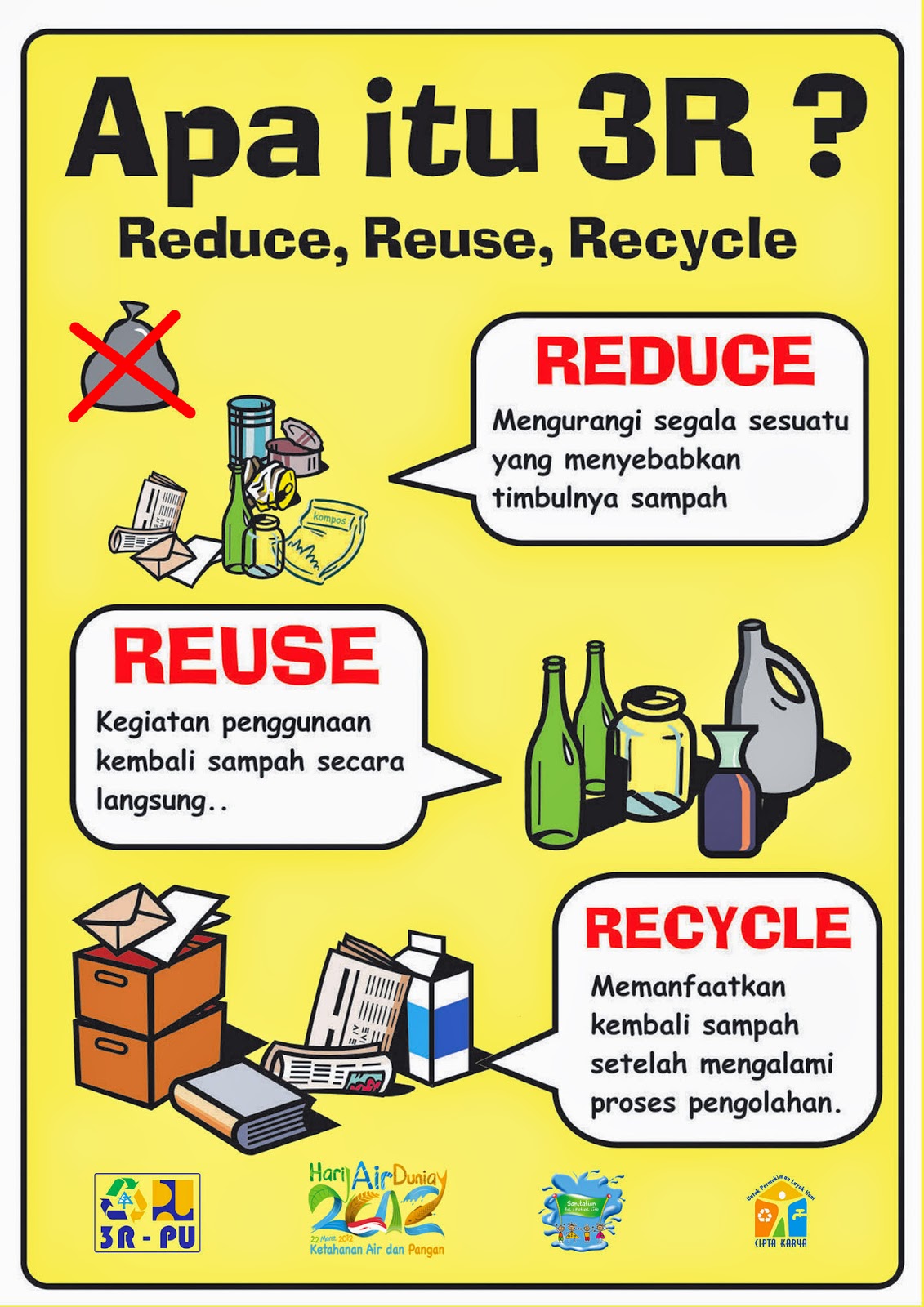Recycling Campaigns in Malaysia: A Path to a Greener Future
Have you ever paused to consider the journey of your discarded plastic bottle or aluminum can? In Malaysia, the fate of such waste is increasingly becoming a focus, thanks to ongoing recycling campaigns (kempen kitar semula di Malaysia). These initiatives aim to transform our relationship with waste, moving away from a throwaway culture towards a more sustainable, circular economy.
Malaysia, like many developing nations, faces the challenge of managing its growing waste stream. Recycling campaigns in Malaysia represent a crucial effort to address this issue. These programs strive to educate the public about the importance of resource conservation, promote responsible waste disposal, and ultimately, reduce the environmental burden of landfills and pollution.
The history of organized recycling efforts in Malaysia spans several decades. Early initiatives were often localized and community-driven. However, with growing awareness of environmental issues, the government began to play a more active role. The introduction of national policies and the involvement of private sector organizations marked a turning point in the evolution of recycling campaigns.
The significance of these campaigns cannot be overstated. A successful recycling program contributes significantly to environmental preservation, conserving valuable natural resources and reducing the strain on landfills. Furthermore, promoting recycling fosters a sense of community responsibility and encourages citizens to actively participate in building a more sustainable future.
However, challenges persist in implementing effective recycling programs nationwide. Public awareness and participation remain key hurdles. Consistent messaging and convenient access to recycling facilities are crucial for encouraging widespread adoption of recycling practices.
Recycling, in its simplest form, involves collecting and processing discarded materials and transforming them into new products. For example, used plastic bottles can be recycled into synthetic fibers used in clothing or furniture. This process conserves resources, reduces pollution, and minimizes waste sent to landfills.
One key benefit of recycling campaigns is the conservation of natural resources. By reusing materials, we reduce the need to extract virgin resources, minimizing the environmental impact of mining and logging. Another advantage is the reduction of landfill waste, leading to less land pollution and greenhouse gas emissions. Finally, successful recycling programs can stimulate local economies by creating jobs in the recycling industry.
An effective action plan for promoting recycling involves several key steps. First, clear and consistent communication about recycling guidelines is essential. Second, providing convenient and accessible recycling bins in public spaces and residential areas is crucial. Third, collaborating with local communities and businesses to organize collection drives and educational workshops can significantly boost participation.
Advantages and Disadvantages of Recycling Campaigns
| Advantages | Disadvantages |
|---|---|
| Reduces Landfill Waste | Cost of Infrastructure |
| Conserves Natural Resources | Public Awareness and Participation |
| Creates Economic Opportunities | Contamination of Recyclables |
Best practices for implementing recycling campaigns include: focusing on clear and consistent messaging, making recycling convenient, partnering with local communities, leveraging technology to track progress, and incentivizing participation through reward programs.
Several successful examples of recycling initiatives exist in Malaysia, such as community-based collection programs, school recycling drives, and corporate partnerships with recycling companies.
Challenges in implementing recycling campaigns include low public awareness, inconsistent waste segregation, and limited access to recycling facilities. Solutions include targeted educational programs, simplified sorting guidelines, and expanding recycling infrastructure.
Frequently asked questions revolve around what can be recycled, where to recycle different materials, and the benefits of recycling.
Tips for effective recycling include rinsing containers before disposal, separating different materials correctly, and familiarizing oneself with local recycling guidelines.
In conclusion, recycling campaigns in Malaysia (kempen kitar semula di Malaysia) are essential for building a more sustainable future. These initiatives offer numerous benefits, from conserving resources and reducing pollution to creating economic opportunities. By actively participating in recycling programs, we can all contribute to a cleaner, healthier environment. We must continue to support and strengthen these campaigns through individual actions and community involvement. The journey towards a zero-waste nation requires a collective effort, and every recycled item brings us one step closer to that goal. Let us embrace the principles of reduce, reuse, and recycle, and work together to create a greener Malaysia for generations to come.
Mastering the recitations in tarawih prayer a comprehensive guide
Discover your dream home in plain township canton oh
Capturing bliss the power of happy couple photos










